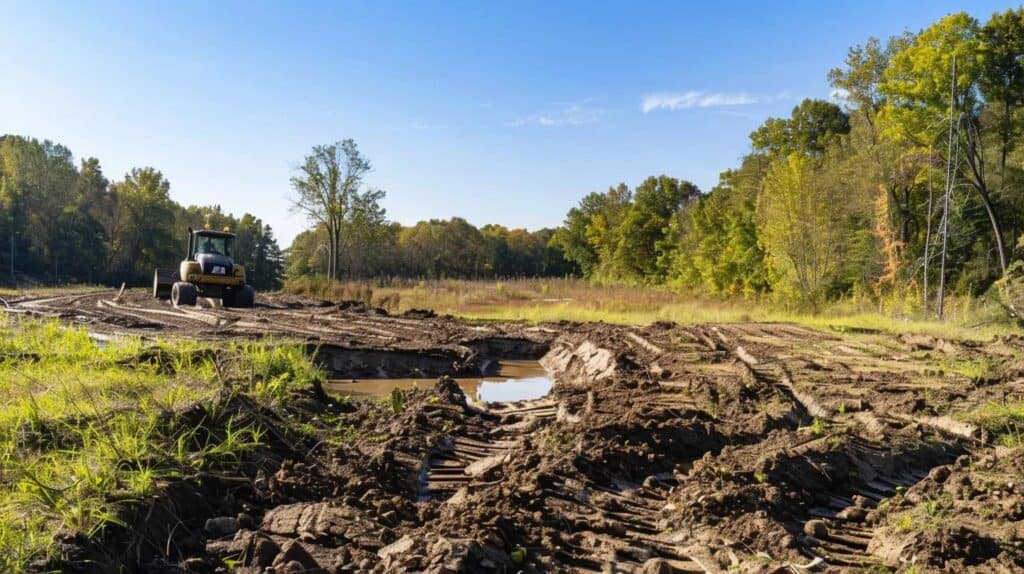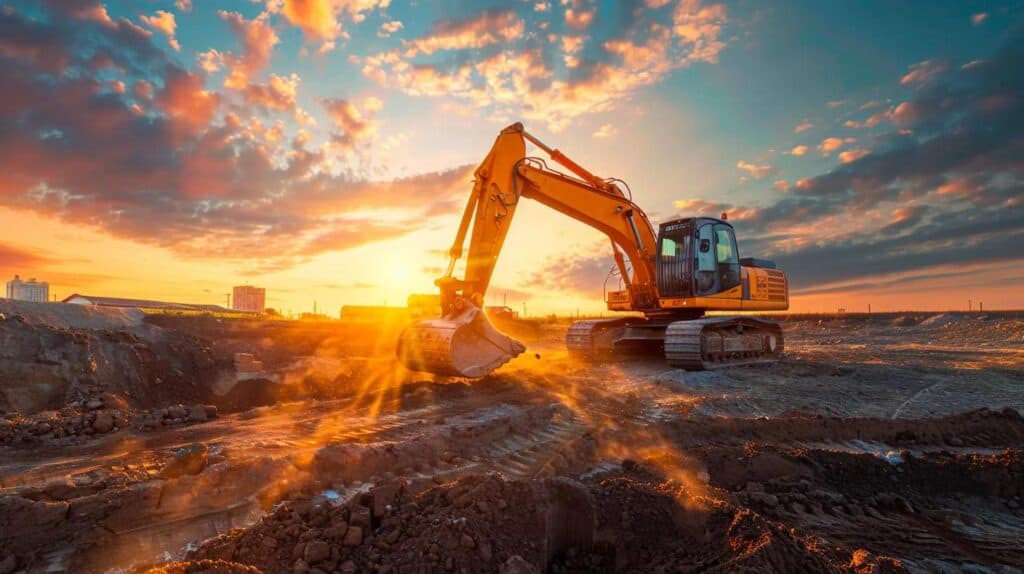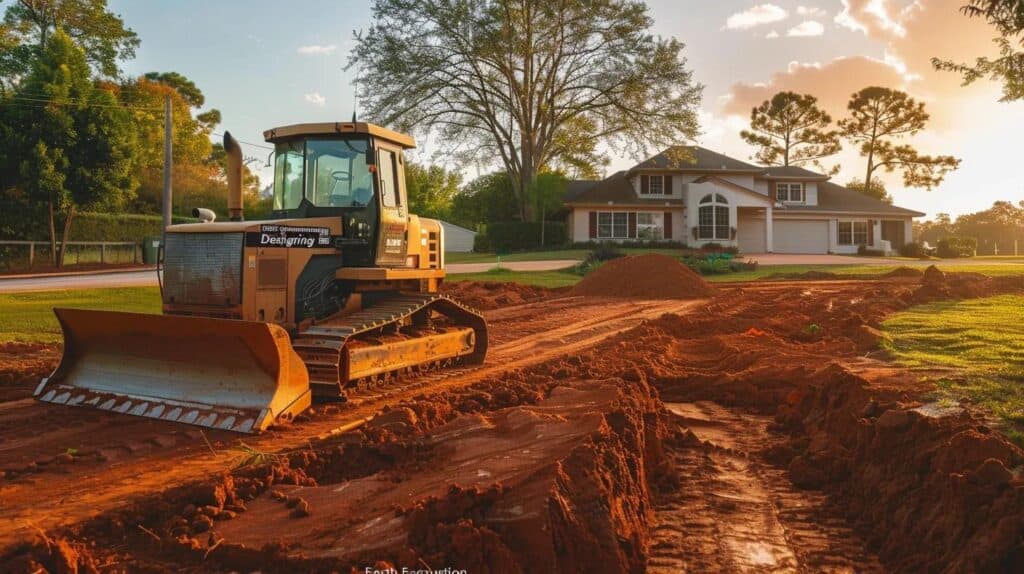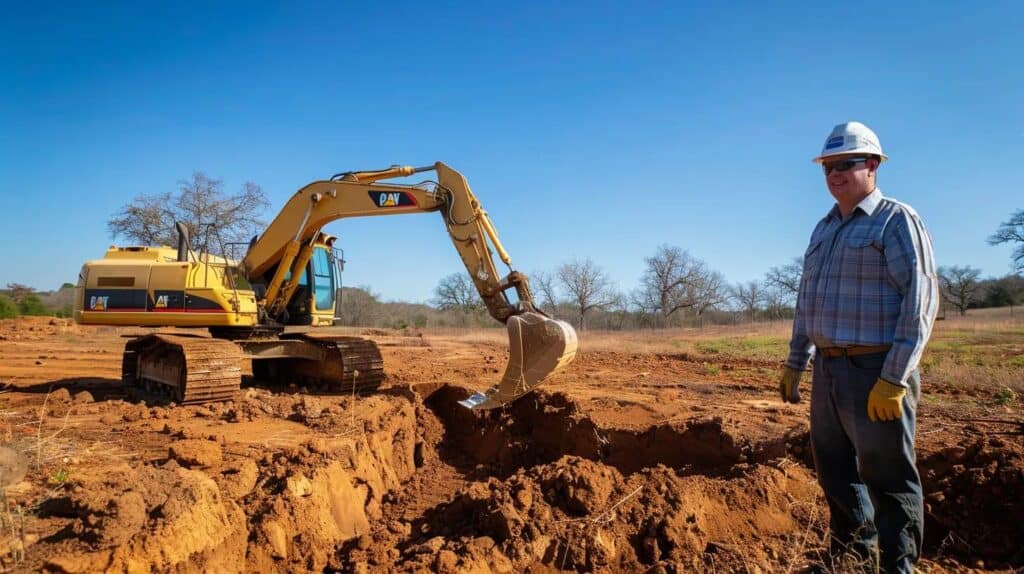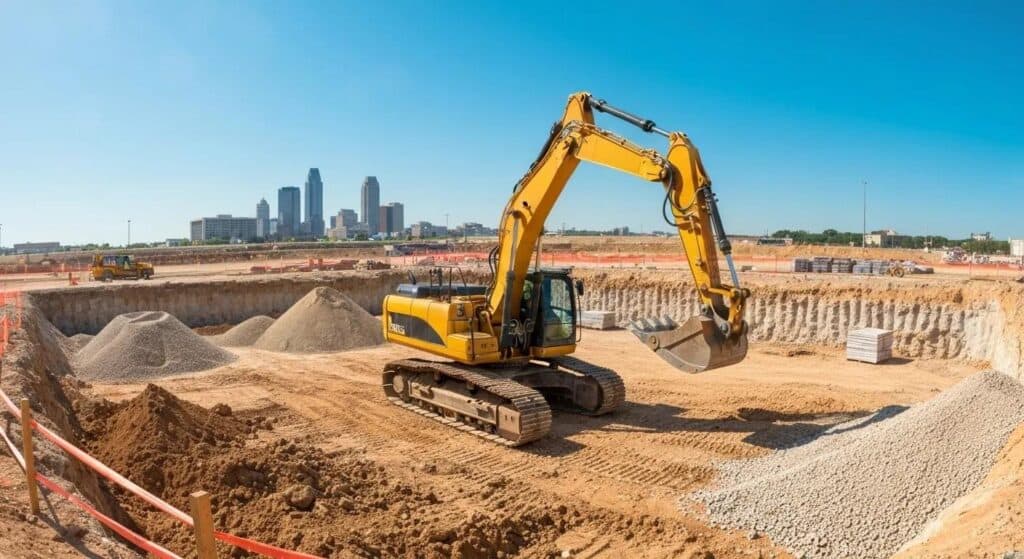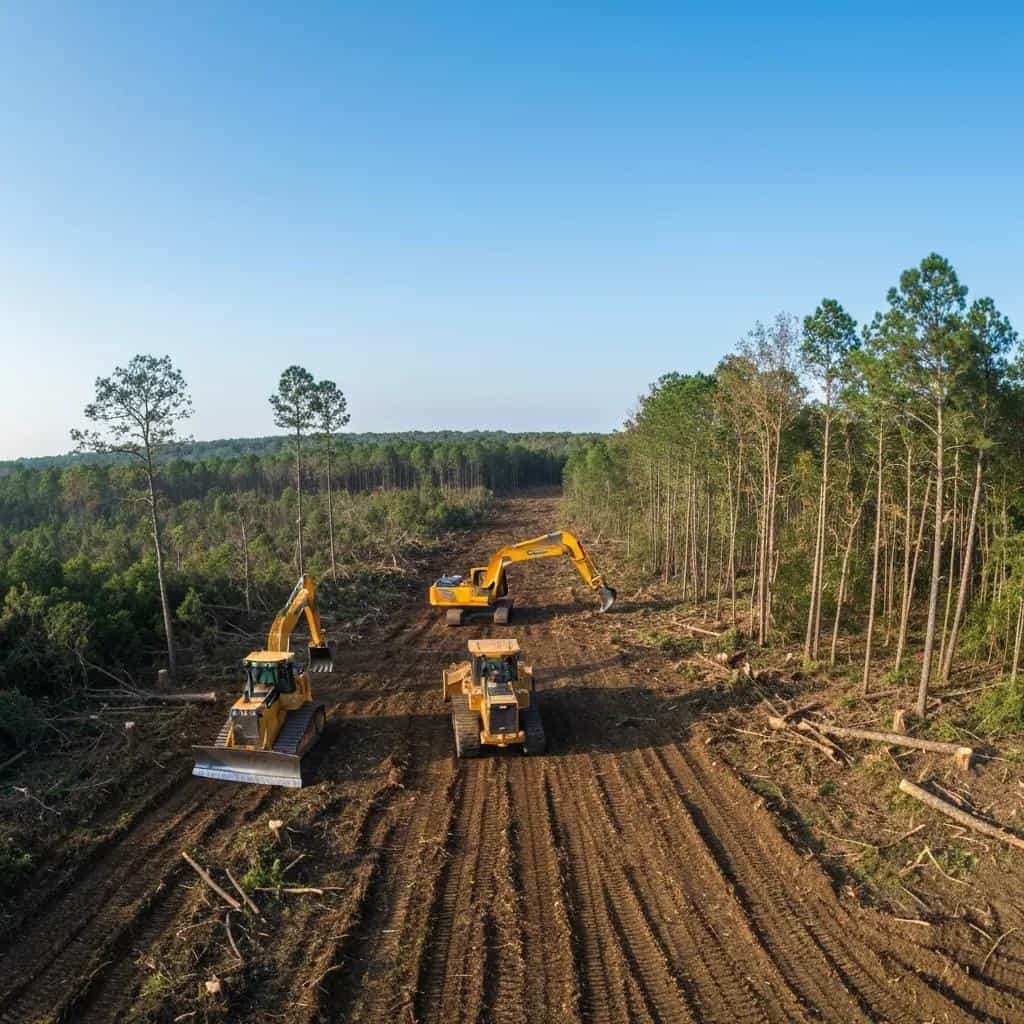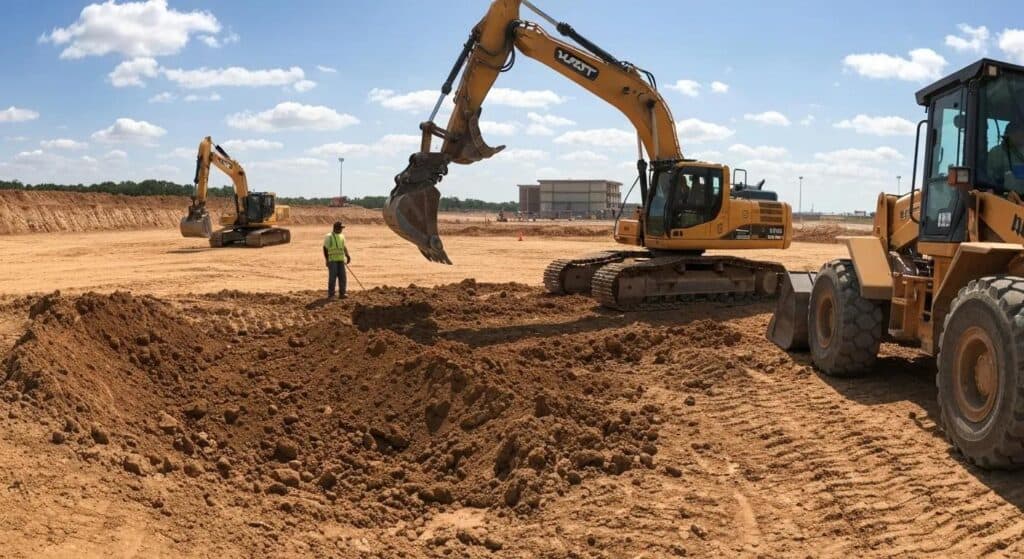Comprehensive Guide to Excavation Services in Oklahoma City
This guide serves as an all-encompassing resource for individuals and businesses seeking excavation services in Oklahoma City. It covers various aspects of excavation, from the types of services available to the factors influencing project costs and timelines. Understanding these elements is crucial for making informed decisions when hiring an excavation contractor.
In Oklahoma City, excavation services range from residential land clearing to commercial site preparation. By familiarizing yourself with the different types of excavation services, such as grading, trenching, and demolition, you can better assess your project needs. This guide aims to empower you with knowledge to navigate the excavation process with confidence.
Understanding the Excavation Process: Steps and Considerations
The excavation process involves several key steps that ensure the project is executed smoothly and effectively. Initially, a thorough site assessment is conducted to evaluate soil conditions, drainage, and potential obstacles. Following this assessment, planning and permitting are crucial to comply with local regulations and ensure safety.
Once the groundwork is laid, excavation begins with the removal of topsoil, followed by digging to the required depth. This phase may also involve grading to create a level surface. Understanding these steps helps clients anticipate the timeline and necessary preparations for their excavation projects, leading to better outcomes.
Choosing the Right Equipment for Your Excavation Project
Selecting the appropriate equipment is vital for the success of any excavation project. The type of machinery used can significantly impact efficiency, safety, and the quality of work. Common equipment includes excavators, bulldozers, and backhoes, each suited for specific tasks within the excavation process.
For instance, excavators are ideal for digging deep trenches, while bulldozers are effective for moving large quantities of earth. Understanding the equipment options available allows clients to work closely with their contractors to choose the best machinery for their specific needs, ensuring optimal results.
Environmental Impact of Excavation: Best Practices for Sustainability
Excavation projects can have significant environmental implications, making it essential to adopt sustainable practices. This includes minimizing soil erosion, protecting local wildlife habitats, and managing waste effectively. Contractors should prioritize environmentally friendly methods to reduce their ecological footprint during excavation.
By implementing best practices such as proper site management and utilizing eco-friendly materials, excavation companies can contribute to sustainability. Clients are increasingly aware of environmental issues, and choosing a contractor that prioritizes these practices can enhance their project’s reputation and compliance with local regulations.

